New policy impact and future outlook of the fragment machine industry
he impact of new policies on the fragment machine industry can be significant, as regulations and government initiatives often shape the direction of waste management and recycling sectors. Here are some potential impacts and future outlooks based on new policies:
1. Regulatory Compliance: New policies may introduce stricter regulations regarding waste management and recycling practices. Fragment machine manufacturers will need to ensure that their equipment meets these regulatory standards, potentially leading to upgrades or modifications to existing machines.
2. Investment in Recycling Infrastructure: Governments may implement policies aimed at boosting recycling rates and reducing reliance on landfills. This could lead to increased investment in recycling infrastructure, including fragment machines, as part of efforts to improve waste processing capabilities.
3. Technological Advancements: Policy incentives or mandates for innovation and technological advancements in waste management could drive research and development in the fragment machine industry. Manufacturers may focus on developing more efficient, versatile, and environmentally friendly shredding equipment.
4. Market Growth: Favorable policies that promote recycling and waste diversion initiatives could stimulate growth in the fragment machine market. As demand for waste processing equipment increases, manufacturers may expand their production capacity and product offerings to meet market demand.
5. Circular Economy Initiatives: Governments may prioritize circular economy initiatives aimed at minimizing waste generation and maximizing resource recovery. Fragment machines play a crucial role in the recycling process by shredding waste materials into smaller pieces for further processing and reuse, aligning with the goals of a circular economy.
6. International Trade Dynamics: Changes in trade policies, tariffs, or export restrictions on waste materials could impact the global fragment machine industry. Manufacturers may need to adapt to evolving trade dynamics and explore new markets or partnerships to maintain competitiveness.
7. Environmental Sustainability: Policies focused on environmental sustainability and carbon reduction may influence the adoption of more energy-efficient and eco-friendly fragment machines. Manufacturers may innovate to develop shredding equipment with lower energy consumption and reduced environmental impact.
Overall, the future outlook of the fragment machine industry will be shaped by a combination of regulatory policies, technological advancements, market dynamics, and environmental considerations. Manufacturers that can adapt to these changing conditions and align their strategies with evolving policy frameworks are likely to thrive in the rapidly evolving waste management and recycling sector.

 CN
CN
 EN
EN
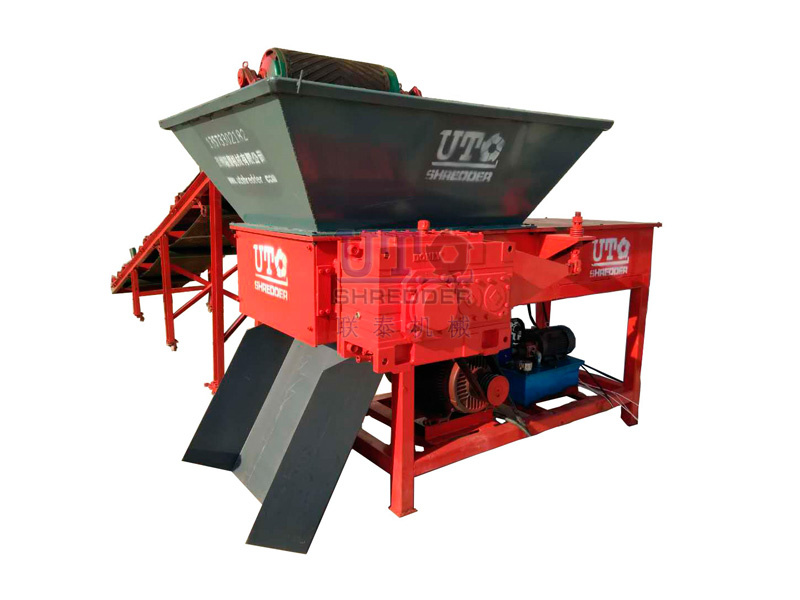
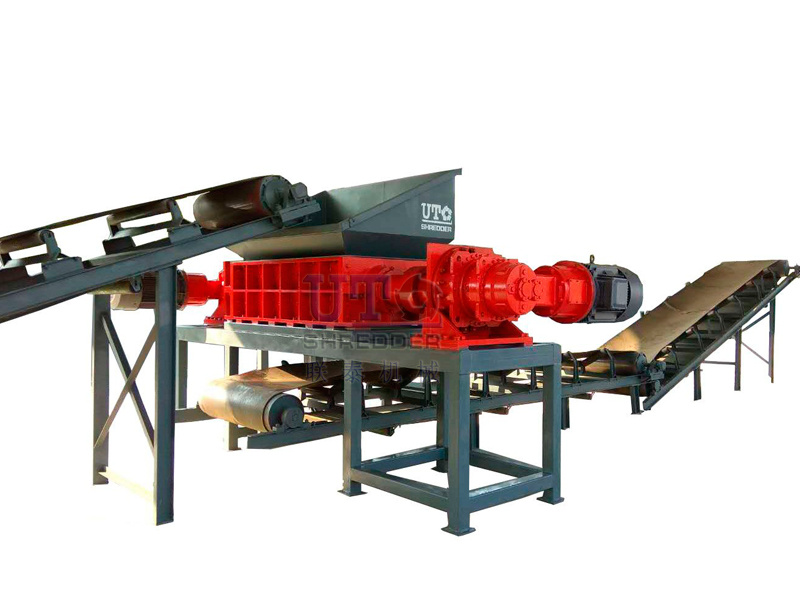
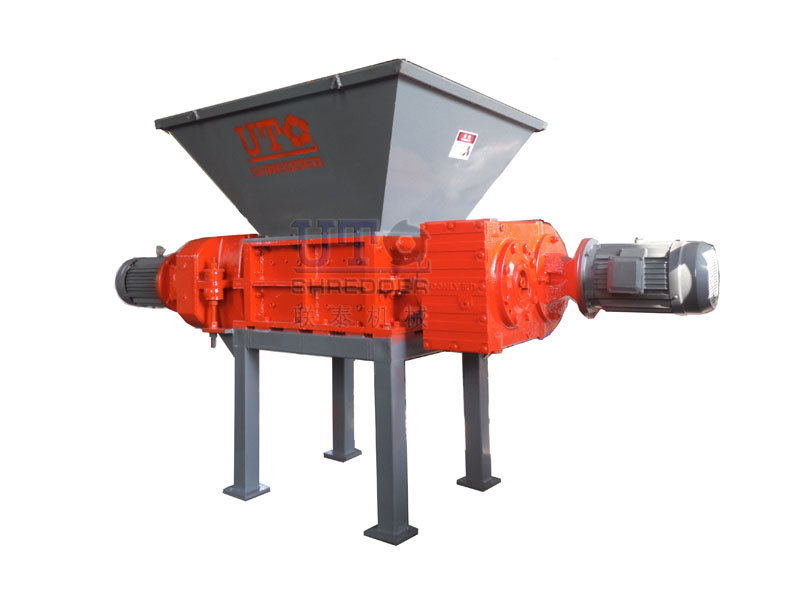
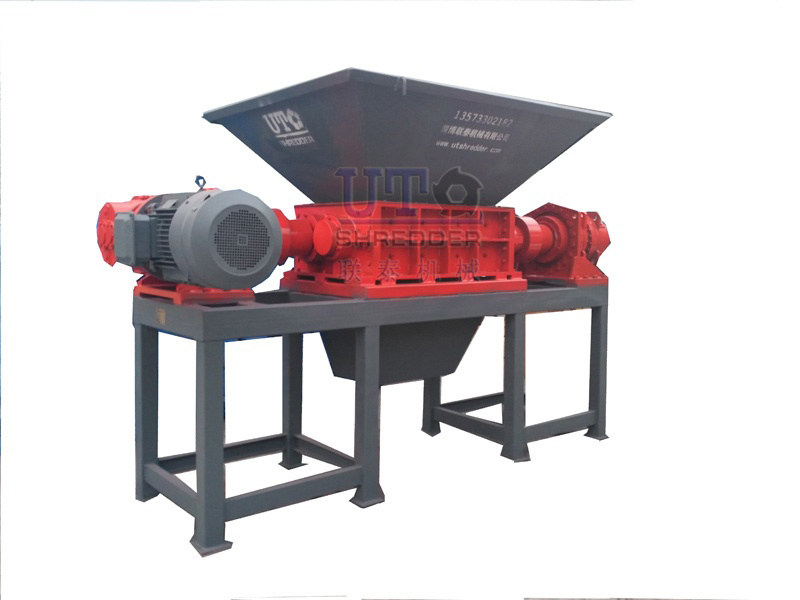
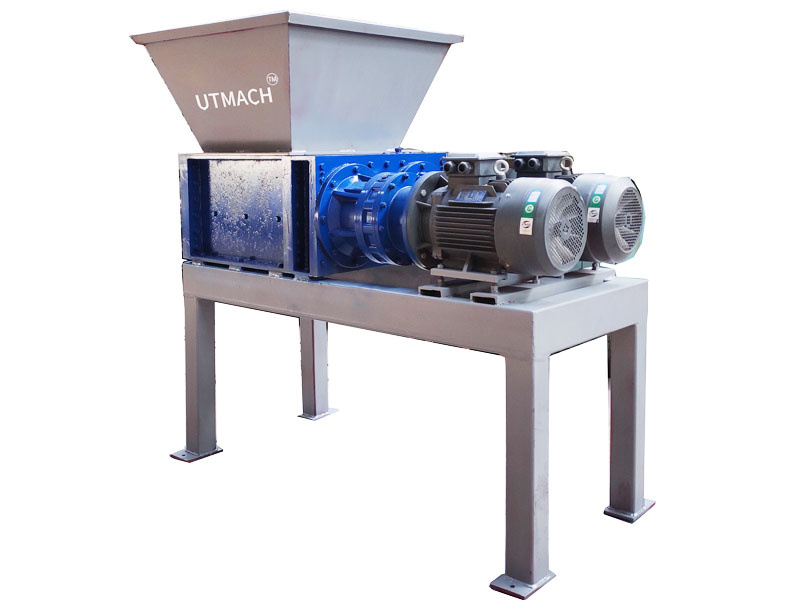
 TEL:+86-533-3588750
TEL:+86-533-3588750 FAX:+86-533-3588750
FAX:+86-533-3588750 MOBILE:+86-18653354363
MOBILE:+86-18653354363 E-MAIL:info@zbutm.com
E-MAIL:info@zbutm.com ADDRESS:No.145 Zhengtong Road,
ADDRESS:No.145 Zhengtong Road,






